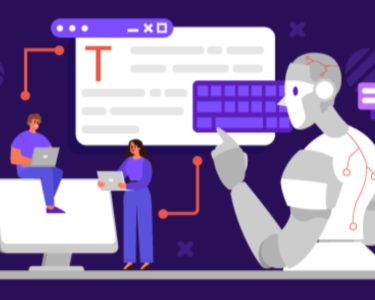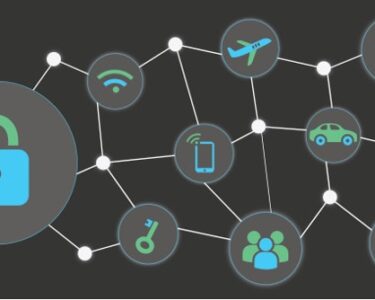
Modern Digital Living: Embracing the Technological Revolution
In the 21st century, digital technologies have become an integral part of our daily lives. From smartphones and computers to smart homes and virtual reality, we are surrounded by devices that connect us, inform us, and entertain us. This pervasive digital environment has given rise to a new way of living – modern digital living.
Key Features of Modern Digital Living:
- Ubiquitous connectivity: Mobile devices, Wi-Fi networks, and 5G technologies ensure that we are always connected to the internet.
- Smart devices: Refrigerators, TVs, and even light bulbs are now equipped with sensors, processors, and internet connectivity, enabling them to perform tasks and respond to our commands.
- Artificial intelligence (AI): AI-powered algorithms analyze our data, make predictions, and provide personalized experiences.
- Virtual and augmented reality: VR and AR technologies create immersive experiences that blur the lines between the physical and digital worlds.
- Data-driven decision-making: Businesses and individuals alike are using data to understand consumer behavior, improve operations, and make informed decisions.
Benefits of Modern Digital Living:
- Convenience and efficiency: Digital technologies simplify our daily tasks, saving us time and effort.
- Improved access to information and entertainment: The internet and streaming platforms provide us with unprecedented access to a vast array of information, movies, and music.
- Enhanced productivity: Collaboration tools, project management software, and AI-powered automation increase productivity in both personal and professional settings.
- Social connection: Social media platforms and messaging apps facilitate communication and foster connections with people around the world.
- Personalized experiences: AI and data analysis enable businesses and services to tailor experiences to our individual preferences.
Challenges of Modern Digital Living:
- Digital fatigue: The constant bombardment of digital stimulation can lead to mental exhaustion and reduced attention spans.
- Privacy concerns: The collection and use of our personal data raise important ethical and privacy considerations.
- Cybersecurity threats: Digital devices and networks are vulnerable to hacking and other cyberattacks.
- Digital divide: Access to digital technologies and literacy can vary significantly across different demographics and geographic areas.
- Ethical considerations: The rapid adoption of digital technologies has raised ethical questions about the use of AI, facial recognition, and other technologies.
Embracing Modern Digital Living:
To reap the benefits of modern digital living while mitigating its potential risks, it is important to:
- Practice digital wellness: Take breaks from screens, engage in offline activities, and prioritize sleep.
- Protect your privacy: Be mindful of the data you share online, use strong passwords, and consider using privacy-enhancing tools.
- Stay informed about cybersecurity threats: Keep software up-to-date, use anti-malware software, and avoid clicking on suspicious links.
- Bridge the digital divide: Support initiatives that provide access to digital devices and education for underserved populations.
- Engage in ethical discussions: Participate in public discourse about the ethical implications of digital technologies and advocate for responsible use.
Modern digital living is an ever-evolving landscape that presents both opportunities and challenges. By embracing the benefits, addressing the risks, and fostering a positive and responsible relationship with technology, we can harness its power to enhance our lives and create a more connected, informed, and efficient future.


